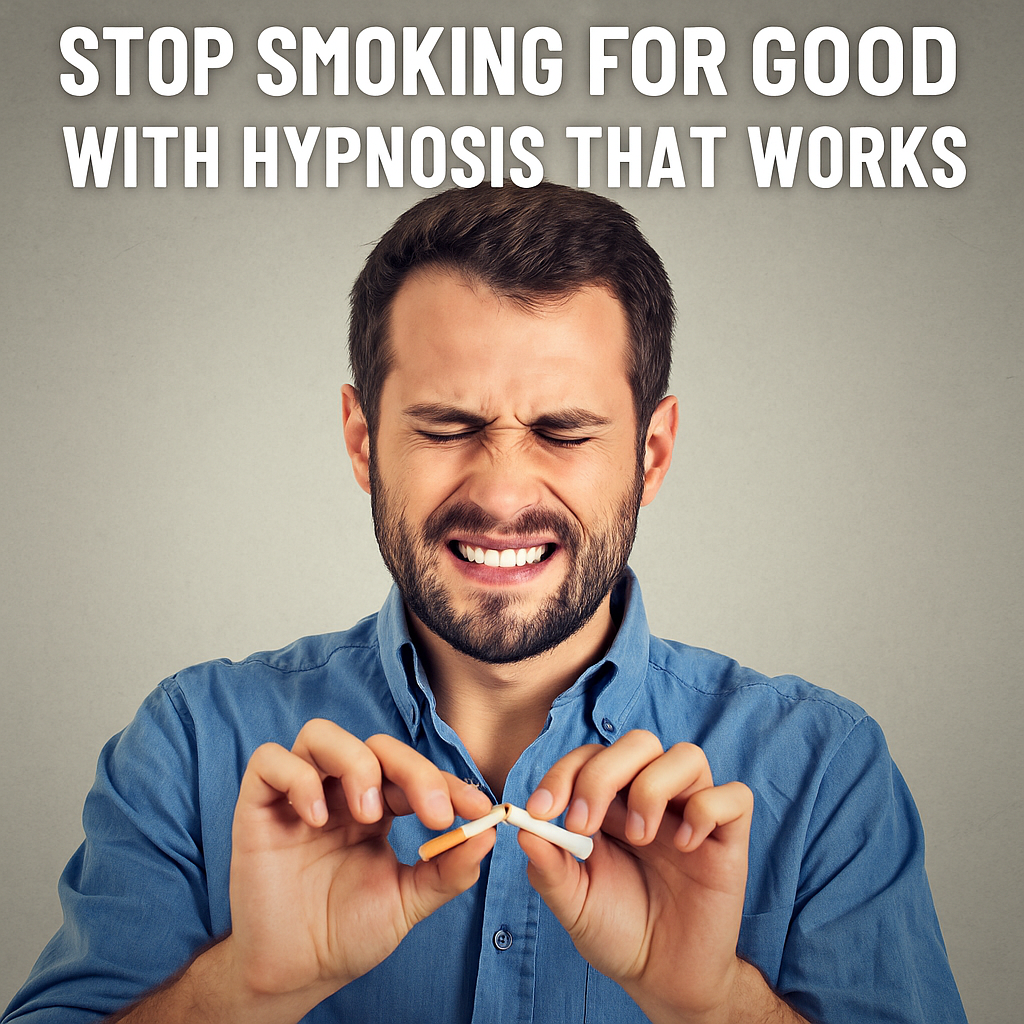4 Communication Strategies That Strain Relationships At Work & Home!
In every conversation, you either strengthen or weaken the relationship with that person or team.
According to a legendary family therapist, Virginia Satir, people develop five primary forms of communication in youth, four of which are dysfunctional!
Here are the four types of dysfunctional communication styles.
Placater – “As long as you’re okay, it’s all that matters.” Placaters hate conflict and tend to appease others rather than being honest and direct with how they feel or what they want.
They unconsciously hope that if they behave the way others want them to, those people will give them the love or validation they seek.
Yet, this rarely happens, which then causes a placater to behave in a passive-aggressive manner. “Sure, I’ll do more of your work for you…and then I’m going to turn it all in late!”
As a result, they often feel sorry for themselves without realizing they are part of the problem.
The unconscious motto of a pacifier is, “No matter what I do, it’s never good enough. Poor me.”
Blamer – “It’s all your fault! It’s you, not me.” Blamers must always feel intelligent, competent, in charge, or not at fault, so they rarely own their mistakes or take accountability for poor outcomes. It’s always someone else’s fault, and they are easily angered.
The unconscious motto of a blamer is, “I am surrounded by idiots and therefore have to do everything myself to get the job done right.”
Distractor – “I’m too busy to deal with that.” Distractors consistently have too many irons in the fire and ignore real issues hoping they will resolve themselves. A common form of self-distraction is to get caught up in the drama of others, and they are prone to gossip.
The unconscious motto of a distractor is, “I don’t think my behavior has anything to do with the issue when so many others are causing problems around here.”
Computer – “Just the fact. None of that touchy, feely crap.” Computers emotionally dissociate from others and come across as cerebral, over-analytical, and distant. Emotions can feel unsafe, so logic and reasoning become the primary mode rather than compassion or empathy. That behavior creates mistrust among colleagues, which is puzzling to computers.
The unconscious motto of a computer is, “I don’t have time for other people’s feelings. They are not children, and I’m not their parent.”
It’s possible to communicate in all of these ways at different times, yet we tend to express ourselves primarily in one manner, which happens unconsciously.
The fifth type of communication, and the one I help executives, leaders, employees, and entrepreneurs primarily use, is the Leveler.
Leveler – “I’m good, and you are too.” Levelers are open, honest, compassionate, AND direct in their communications. They assume the best in others and themselves and focus on seeking first to understand, then be understood. They also share credit and responsibility with the team.
The unconscious motto of a leveler is, “I am not better or worse than anyone else, so let’s lift each other and work together to find solutions.”
People are full of blind spots and unconscious beliefs, biases, and communication habits that weaken relationships, and 99% are unaware of this fact.
Since you cannot improve what you’re unaware of, most “people problems” continue occurring despite going through traditional leadership programming.
If people never had leadership or personal development programming, which is the norm, individual self-awareness, and personal accountability are even lower.
My Mesmerizing Leadership Secrets program has consistently empowered large and small companies to strengthen their culture while sustainably increasing profits annually.
The growth opportunities are abundant when you install systems for radically increasing individual self-awareness while upgrading unconscious beliefs and communication blind spots.
The best compliment I ever received came from a company President who said,
“Tim, you didn’t just make us a better company.
You made us better people.”
Tim Shurr, MA
Mesmerizing Leadership Trainer
The post 4 Communication Strategies That Strain Relationships At Work & Home! first appeared on Indy Hypnosis Center.



